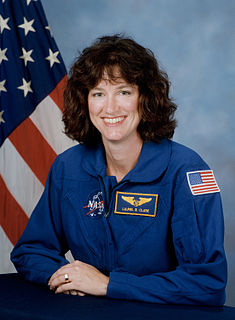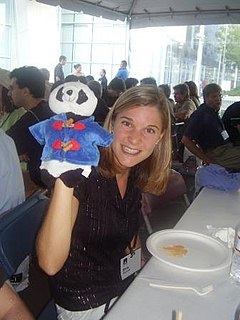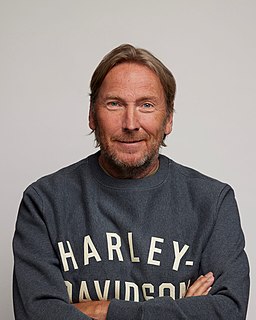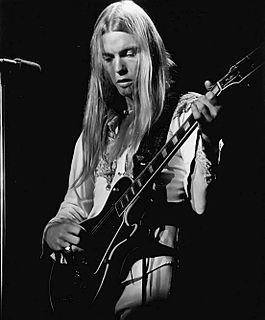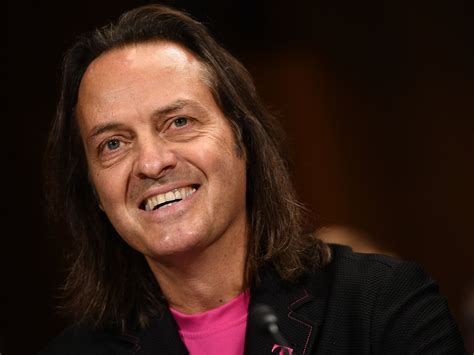A Quote by Laurel Clark
The Navy's paid for you to go through school, and then they need doctors to go out and take care of people who are in various different parts of the world. I decided to pay back my time first as an undersea medical officer. I was stationed in Scotland.
Related Quotes
I was influenced by many, many different people in my student years, and I was always, I guess, immersed in a Navy environment, and so, obviously, that had a big impact when I decided what I wanted to do was go and be a Navy pilot. I was very familiar with the Navy community and felt very comfortable with it.
We're the only developed country in the world that doesn't have paid maternity leave. Paternity leave is just as important. Paid family medical leave so that you can take care of a parent, a child, a grandparent, whatever you need to do. I think we're shortsighted when we don't invest in our employees as companies, and as an economy, because we invest in them and they invest back in us.
My parents live there, and I was born and raised in Scotland. I lived there for the first 11 years of my life, until my parents decided to take our family to France where we lived for a couple of years. We then moved back to Scotland, and that is where I feel most home - where I come back to myself, and I love more than I can say.
[Veterans] have been treated very badly.That includes - veterans' choice so veterans can either attend a public V.A. facility or if they have to wait online like they've been doing, sometimes for as much as seven days and then still not get proper care, they'll go to a private medical center or they'll go to a private or public or something, they will go outside .they'll go to a private doctor, they'll go to a private hospital, they'll go to a public hospital. We're going to get them care and we're going to pay for their - that care.
The doctor begins to lose freedoms; it's like telling a lie, and one leads to another. First you decide that the doctor can have so many patients. They are equally divided among the various doctors by the government. But then the doctors aren't equally divided geographically, so a doctor decides he wants to practice in one town and the government has to say to him you can't live in that town, they already have enough doctors. You have to go someplace else. And from here it is only a short step to dictating where he will go.
If you go back in my career, you'll find I've always been a lead-from-the-front people-manager guy. I've always been outspoken. I've always attempted to break the mold. My advice to myself, then, would be to go all in on it. The world doesn't need another cookie-cutter business-school leader. The world needs somebody to stick out and be loud and proud.
We like to be the people who go - can go out into the world and say we're the people seeking places that need bridges built and need the kind of energy that we bring, and then actively doing the show. We will pay for it ourselves. We just want to bring the kind of enjoyment that we know we can bring.
